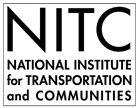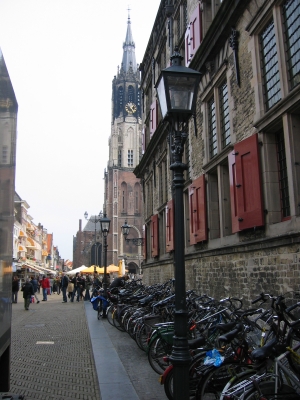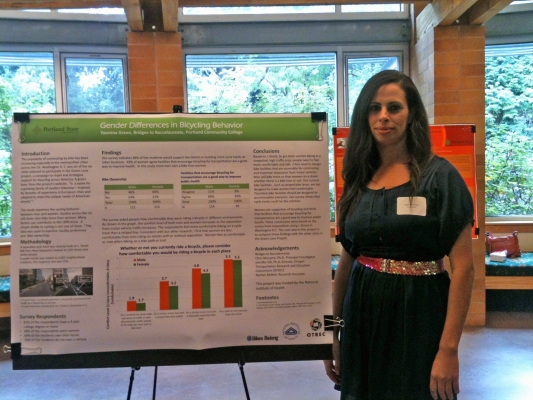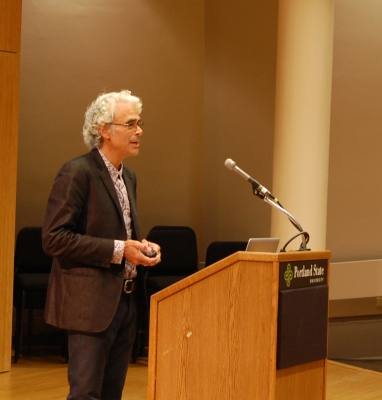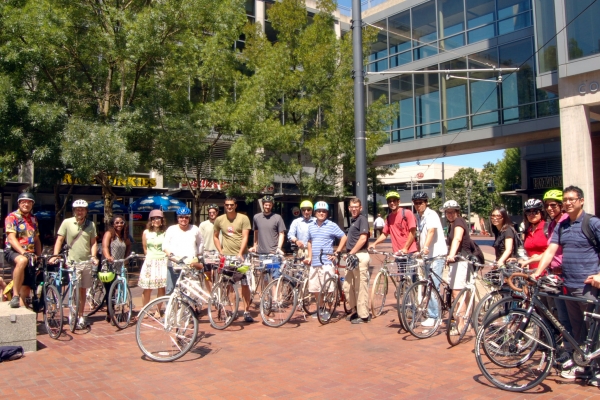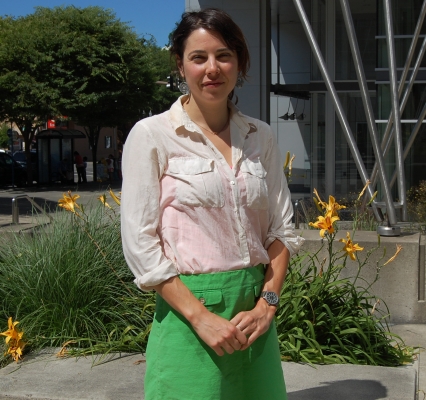Note: In advance of the Transportation Research Board's annual meeting, the biggest forum on the transportation research calendar, OTREC.us is profiling some of the researchers who will present their work.
The bicycle counts suggested that, on Bike to Work Day, more people did bike to work. But did fewer people drive?
OTREC staff researcher Krista Nordback took up the issue and will present her findings Monday, Jan. 13 at the Transportation Research Board’s annual meeting in Washington, D.C.
The bike count data from sites across Boulder, Colo., certainly impressed Nordback. “Bike to Work Day has this huge spike,” she said. “The bike counts double at a lot of the count sites.
“Wouldn’t it be cool if we could see something similar with the motor vehicle count data?”
In a twist that might only happen in Boulder, with its ample bike counters, Nordback had a harder time tracking down the motor vehicle counts. She lucked out, finding that the city’s red-light cameras had been counting cars alongside their primary job of catching red-light runners.
Those motor vehicle counts showed a consistent drop on Bike-to-Work days compared with average workdays in June and July. It was a small drop, but even finding that was unprecedented: no studies had documented a statistically significant drop in motor vehicle counts during any bike-to-work event.
...
Read more
